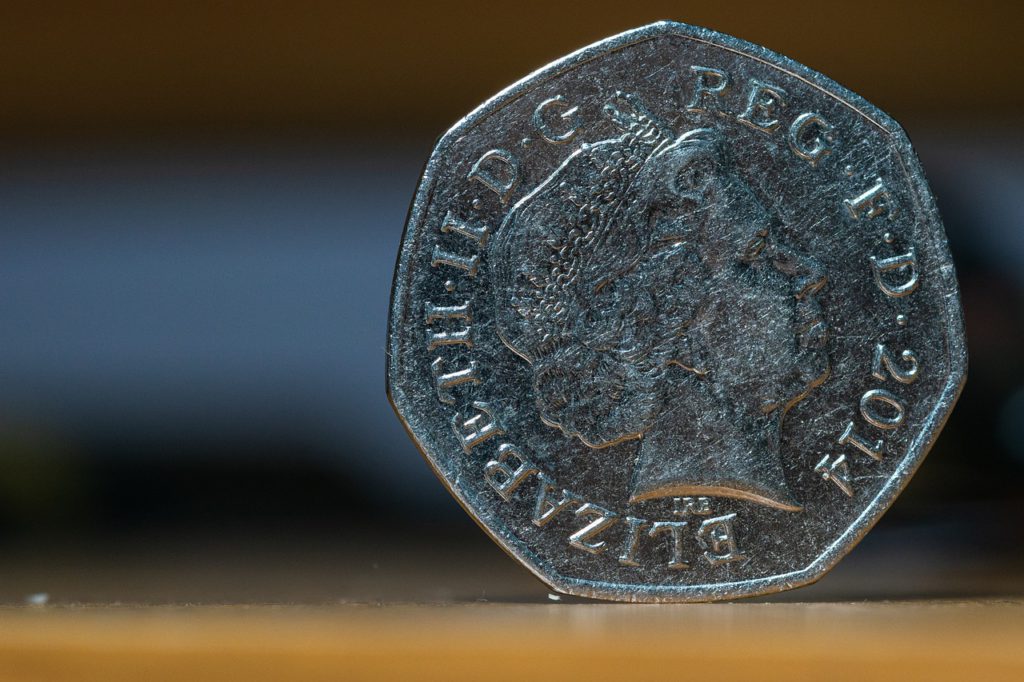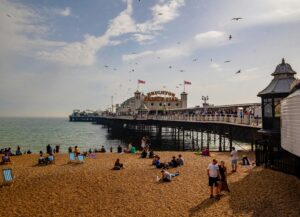Since the pandemic the Night Time Culture Economy has lost over £10 Billion in GDP, £3.1 billion in GVA, over 4000 businesses and over 33,000 jobs.
The recovery of the night time cultural sector could take years, if not decades, with the timeline reliant heavily on the support from the Chancellor’s budget this week.
- NTIA Night Time Economy Report highlighted the following on Night Time Culture Economy:
In 2018 approximately 425k UK jobs and 38k businesses in 2018. This fell to 392k jobs and 34k firms in 2021. - Over the decade prior to the pandemic, the UK Night Time Culture Economy had shown a steady and sustained contribution to the UK’s gross domestic product (GDP), generating 1.64% or £36.9bn in 2019. However, this fell to £29.4bn in 2020 and to £24.1bn in 2021.
- Over 65% are unsure if they will survive the next 12 months without further Government support.
- The Night Time Economy sector was also significantly affected in 2020, they recovered modestly in 2021. This was not the case for the NTCE. Here, consumer spending and share of GDP fell further.
- In 2018 the Gross Value Added (GVA) * of the UK Night Time Economy was £46.4bn and the GVA of the UK Night Time Culture Economy (NTCE) was £11.6bn. However, in 2021 GVA in the NTCE had fallen to £8.5bn, in the NTE to £34.5bn.
Independent businesses and the culture sector have been impacted heavily throughout this crisis period, with CGA AlixPartners research figures show a 13% contraction in independent businesses compared to only a 3% contraction in managed businesses.
Businesses that would traditionally be profitable have been placed in an extremely difficult inflationary circle, where operating costs have been passed on by suppliers who are similarly trying to deal with onerous costs, but market constraints limit the ability to pass on these costs through price increases to our customers without a severe impact on trade.
These businesses face an immediate crisis, as we move further into a cost of living crisis and continue to face inflationary pressures which impact consumer spend, sector income, productivity, growth, investment and profitability. All of this suggests that the industry is operating on ever smaller margins and a large proportion of firms are in survival rather than thrive mode.
We are asking the Chancellor today to consider the following support for the upcoming budget:
- Reduce VAT rate to 10% for the hospitality, late night economy & events sector for the next 12 months. (VAT Reduction must include alcohol / accommodation / food and tickets within the relief).
- Lower the Business Rates Multiplier in recognition of the important role that NTE & Hospitality Businesses play within communities
- Restructure the Energy Relief Scheme to deliver fair and reasonable energy rates to businesses across the sector, with consideration given to independent and cultural businesses.
Michael Kill CEO NTIA Says:
“It is heartbreaking to hear of so many businesses being lost, and the potential to lose so many more. These businesses are owned and operated, and worked in by members of the community they serve.”
“The current Government has failed these businesses and the wider cultural sector. They do not value the UK night time culture economy in the same way that their European counterparts do, and are focused on taxation and regulatory control. The rest of Europe is working with the sectors to support through investment and growth, and are seen the benefits of this support ahead of the UK.”




